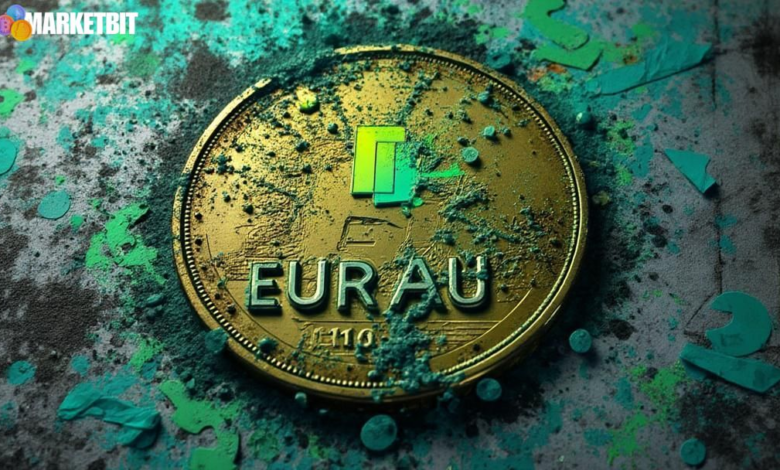Deutsche Bank-Backed EURAU Stablecoin Launches with MiCA Compliance

- First MiCA-compliant euro stablecoin launched, EURAU backed by Deutsche Bank.
- Joint venture includes AllUnity, DWS, Flow Traders.
- Potential impact on DeFi trading with regulatory backing.
Deutsche Bank’s EURAU stablecoin, the first MiCA-compliant euro digital currency, was launched on July 31, 2025, through AllUnity GmbH and regulated by Germany’s BaFin.
This marks a pivotal shift towards regulated digital assets in the EU, offering new opportunities and compliance challenges for European financial markets.
Deutsche Bank has backed the launch of the EURAU stablecoin, which is the first MiCA-compliant euro stablecoin. This marks a significant milestone in regulated digital currency initiatives, reflecting Europe’s financial regulatory advancements.
The EURAU is issued by AllUnity GmbH, formed by DWS, Flow Traders, and Galaxy Digital. Regulatory oversight is provided by Germany’s BaFin, underscoring a robust compliance framework for this stablecoin. Existing infrastructure partners include Bullish Europe and BitGo.
This launch introduces a new asset class for Europe’s digital market, with potential implications for DeFi platforms using euro-denominated assets. Ethereum serves as the initial blockchain, with plans for further expansion in 2025.
Financial institutions support the stablecoin entirely, ensuring robust asset backing across European banks. The EURAU could significantly influence DeFi trading activity and fiat settlement processes, given its regulatory compliance and strategic partnerships.
Historical trends suggest stablecoins lacking comprehensive regulation have faced operational hurdles. EURAU’s unique compliance could foster deeper institutional adoption and integration in the digital currency ecosystem. “AllUnity EUR (EURAU) is a fully regulated euro-denominated stablecoin issued under the European Union’s Markets in Crypto-Assets Regulation (MiCAR).”
Potential outcomes include changes in euro-backed stablecoin competitiveness and increased usage in policy-compliant crypto ventures. Backing and enforcement by top-tier institutions might drive advancements in the stablecoin market, leading to aggressive European market shifts.





